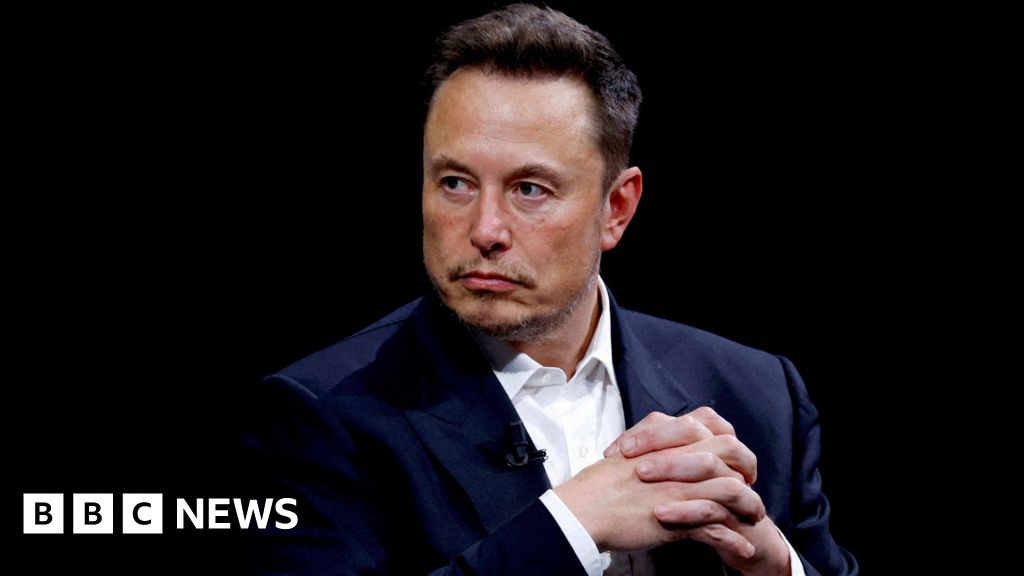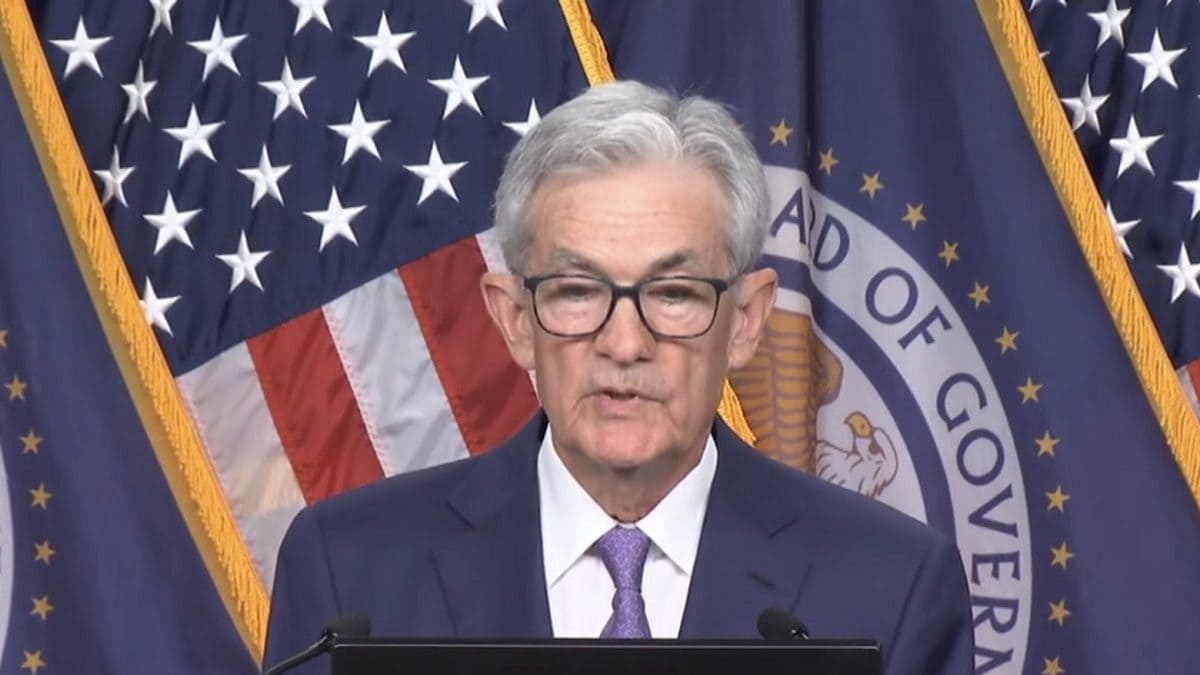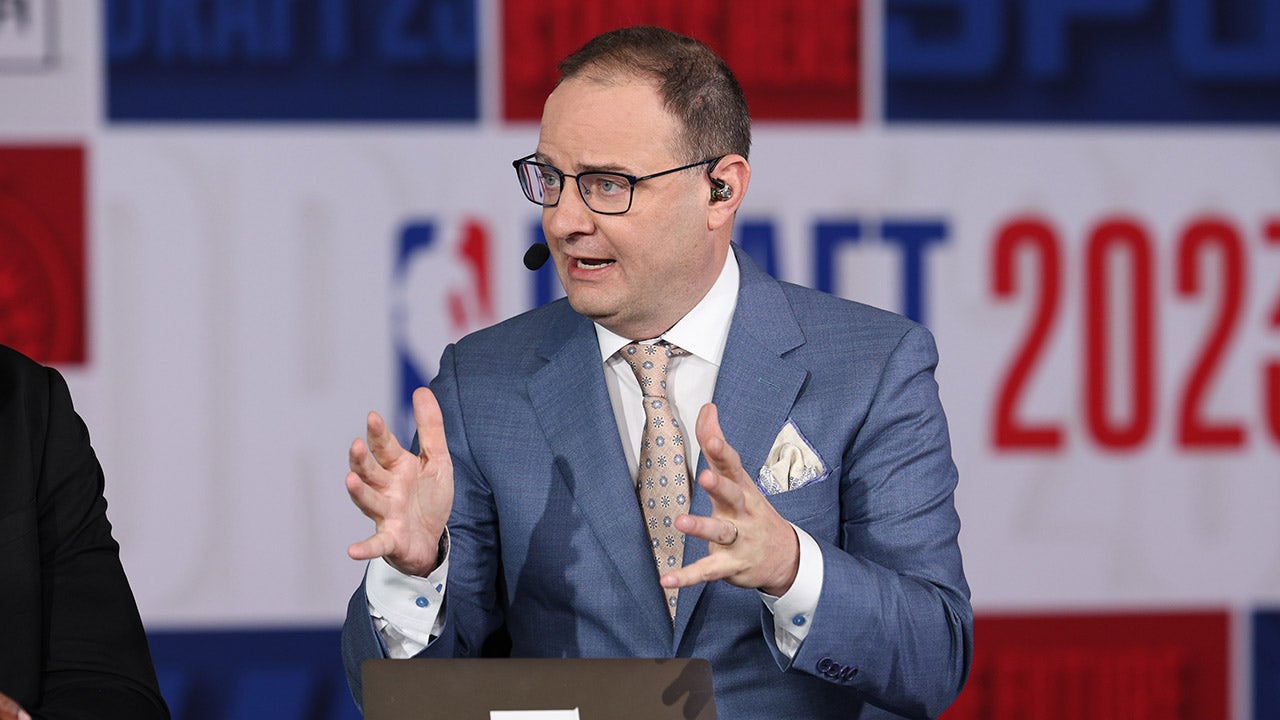Postwar Europe and the development of the European Union were centerpieces of research and writing for Dr. Calleo, a professor of European studies at Johns Hopkins’s School of Advanced International Studies, or SAIS, and a State Department adviser during the Johnson administration.
Dr. Calleo also offered broader analyses of what he called the United States’ “unipolar fantasy” of power after the collapse of the Soviet Union in 1991 and in Washington’s “with us or against us” ultimatums amid the sweeping military response to the Sept. 11, 2001, attacks.
“The United States, which professes to lead the world, has grown deeply out of tune with it,” Dr. Calleo wrote in “The Follies Power: America’s Unipolar Fantasy” (2009), one of more than 15 books he wrote or co-authored on international affairs, including the increasing encroachment of the military into U.S. diplomacy.
Dr. Calleo was not alone. Other academics and commentators, such as linguist Noam Chomsky and Princeton University professor Robert Gilpin, echoed Dr. Calleo’s unease over U.S. reliance on military and economic strength rather than seeking more collaborative international partnerships.
Dr. Calleo, who melded history and contemporary affairs in his books, crafted political road maps for how past events and decisions shaped views on both sides of the Atlantic.
“American statesmanship,” Dr. Calleo said, “seems to have been a good deal more enlightened at the beginning of the Cold War than after its end.”
In contrast, Dr. Calleo saw the European Union, and its decision-making by consensus, as one of the most farsighted political initiatives in generations. Dr. Calleo described a strong and cohesive European Union as an important counterweight to U.S. attempts at “global hegemony.” But he also noted the E.U. fault lines.
Dr. Calleo unpacked centuries of British history to explain the country’s right-wing misgivings over the E.U., foreshadowing Brexit more than a decade before the 2016 referendum sealed Britain’s divorce.
In his 2001 book “Rethinking Europe’s Future,” Dr. Calleo also foresaw how greater E.U. integration could trigger nativist political backlash, later led by E.U. antagonists such as right-wing leader Marine Le Pen of France and Prime Minister Viktor Orban of Hungary.
”I know it’s fashionable to run down the Europeans and their problems,” Dr. Calleo said, ”but what has been built is extraordinary.” The United States, meanwhile, was on a path of steady “declinism,” he asserted, unless policies were reoriented to acknowledge a world with Europe and Asia exerting more or less the same influence as the United States. “The American Century,” a term made popular in a Life magazine editorial by founder Henry Luce in 1941, really lasted only about 26 years, Dr. Calleo wrote.
Dr. Calleo’s perspective was praised by academic journals and colleagues for its clarity and urgency. It also made Dr. Calleo a target for the neoconservative hawks, realpolitik advocates and others he called out.
Dr. Calleo was cast as naive, in the eyes of some detractors, for failing to recognize that a U.S. military pullback would unnerve key allies such as South Korea and Saudi Arabia and offer more room for China to expand its clout. After Russia’s 2014 annexation of Crimea and the 2022 invasion of Ukraine, some of Dr. Calleo’s previous work seemed outdated for his cautious outlook on NATO expansion.
At the State Department in the 1960s, Dr. Calleo was a polarizing figure over his admiration of French President Charles de Gaulle, who was highly suspicious of NATO and blocked Britain’s entry into the Common Market, a precursor to the European Union.
Dr. Calleo said his “Gaullist sympathies infuriated most of the various NATO and [Common Market] cliques in the State Department, but met with considerable interest elsewhere in the Johnson administration, particularly in the Pentagon where I was a frequent visitor.”
He described his work as a kind of tough love with the United States. Few other places, he said, would have allowed him the freedom to pick apart diplomatic and military policies.
“I have sometimes been a severe critic of my country and its government,” he wrote in an autobiographical essay. “But I realize what good fortune it has been to grow up an American in the past century.”
David Patrick Calleo was born in Binghamton, N.Y., on July 19, 1934, and grew up in the nearby town of Endicott. His father was a fire captain, and his mother was a librarian.
He graduated from Yale University in 1955 with a degree from an interdepartmental program in the humanities, history, the arts and letters, known as HAL. He stayed at Yale for his master’s degree in 1957 and a doctorate in political science in 1959.
His first book, “Coleridge and the Idea of the Modern State” (1966), was based on his doctoral thesis that included studies of the work of English poet and philosopher Samuel Taylor Coleridge. Dr. Calleo liked to tell a story about how a gust of wind nearly blew his manuscript into a Greek harbor while he was traveling, but onlookers managed to gather the pages.
Dr. Calleo taught at Brown University from 1959 to 1961 and then returned to Yale as an instructor in political science. In 1967, Dr. Calleo accepted an offer to join the State Department as a consultant for Eugene Rostow, a former dean of Yale Law School who had joined the Johnson administration as undersecretary of state for political affairs.
After leaving government service in 1968, Dr. Calleo joined the Johns Hopkins SAIS program and became founding director of its European studies department, which includes the Johns Hopkins Bologna Center in Italy.
In the early 1970s, Dr. Calleo began work on his personal European base, a property on the Italian island of Elba. (The French emperor Napoleon Bonaparte was exiled on Elba in 1814-15). The villa became a study retreat for graduate students and others.
Dr. Calleo also used Elba to write many of his books, including “The Imperious Economy” (1982) and “The Bankrupting of America” (1992), which explored connections between growing U.S. deficit spending and foreign policy, including the ever-expanding military budget.
Upon reviewing “The Bankrupting of America” in The Washington Post, financial journalist and analyst James Grant wrote that Dr. Calleo’s gloomy predictions ignored the vibrancy of U.S. financial markets. “If he had been investing as bearishly as he has been writing,” Grant wrote, “he would now very likely be preparing to file a personal bankruptcy petition.”
In 1977, Dr. Calleo married Avis Bohlen, whose father, Charles, had been an influential adviser on Soviet affairs. Dr. Calleo accompanied her on diplomatic postings, including as ambassador to Bulgaria from 1996 to 1999. In addition to his wife, survivors include a brother.
In Mr. Calleo’s view, declining U.S. influence has a natural corollary: other big powers rapidly catching up.
“The slow transition from American hegemony to a more plural world is not, in itself, a defeat for American policy,” he wrote in “The Imperious Economy.”
“On the contrary, it is precisely the outcome that might have been expected to follow from the policy itself.”















































